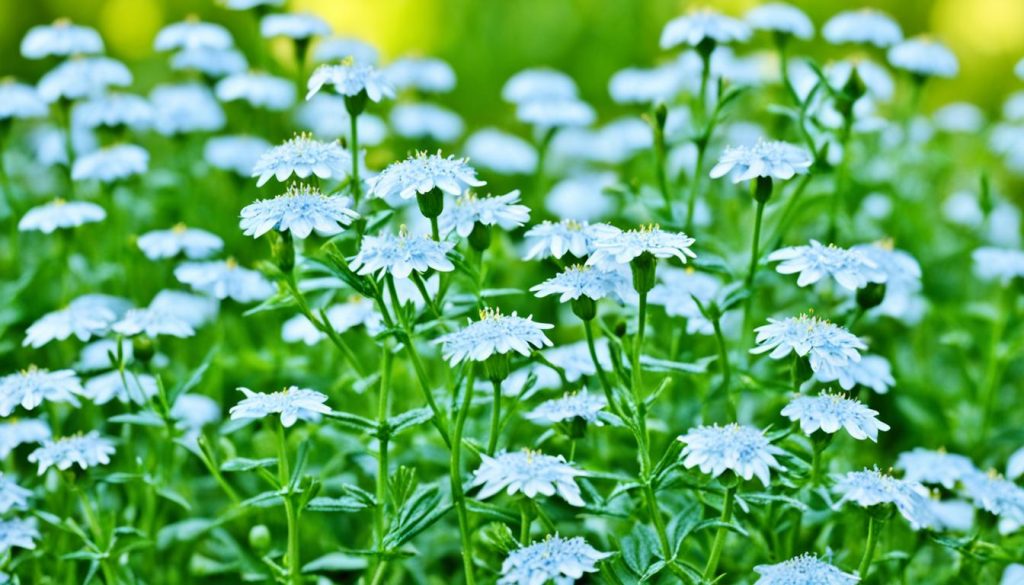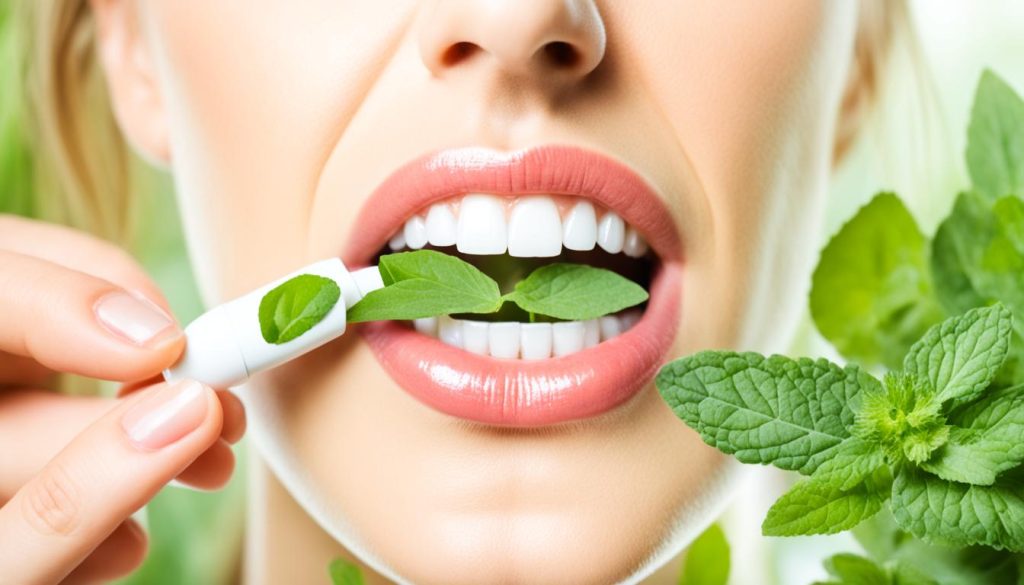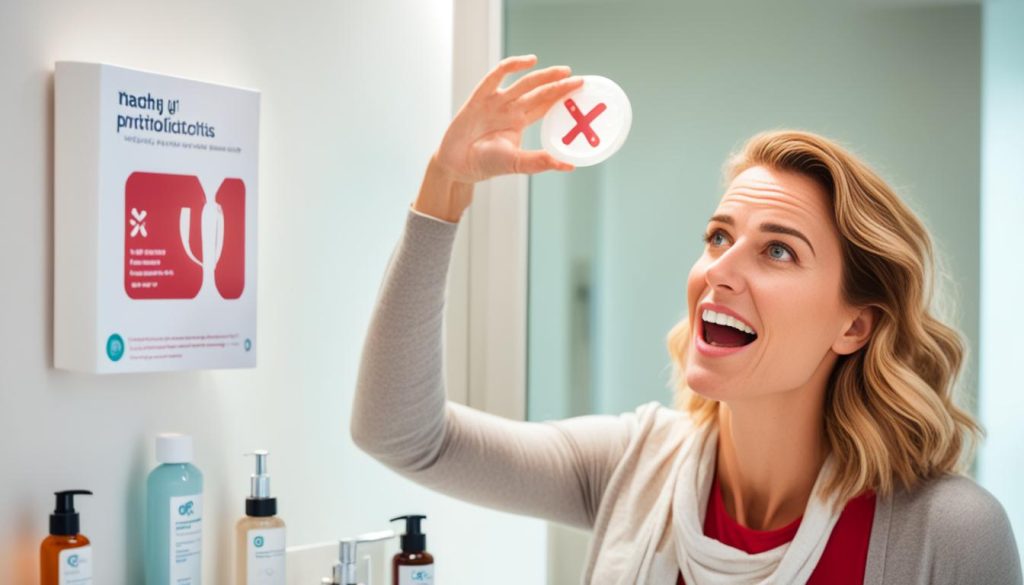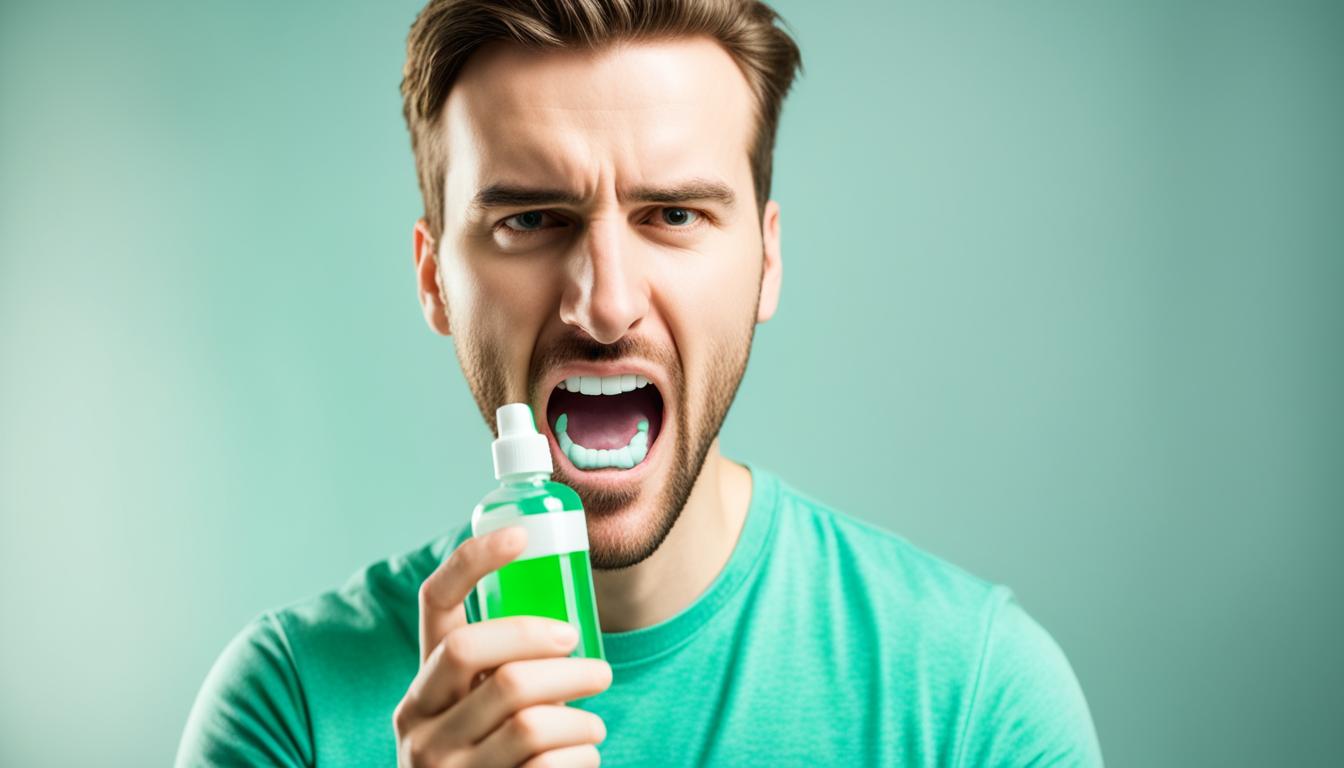Thrush, also known as oral candidiasis, is a common yeast infection that affects the mouth. It is caused by an overgrowth of the Candida albicans fungus. If you are experiencing symptoms of thrush, such as white lesions in the mouth, oral discomfort, or difficulty swallowing, there are simple solutions that can help you get rid of thrush. In this article, we will explore effective treatments for thrush and provide tips on how to prevent it from recurring.
Thrush can be uncomfortable and inconvenient, but with the right treatment, you can find relief. From home remedies to medical treatments, there are options available to help manage and eliminate thrush. By understanding the symptoms and causes of thrush, you can take proactive steps to address the infection and prevent future episodes.
Whether you’re looking for immediate relief or long-term prevention strategies, this article will provide you with the information you need. Let’s dive into the world of thrush treatment and discover how to get rid of thrush once and for all.
How to Get Rid of Thrush?
Home Remedies for Thrush Relief
If you are looking for immediate thrush relief, there are several home remedies that can help. These natural remedies can be used in conjunction with antifungal medications prescribed by a doctor. While they may not cure the underlying infection, they can provide temporary relief from thrush symptoms. Here are some effective home remedies:
- Salt water rinses: Gargling with warm salt water can help soothe the mouth and reduce inflammation.
- Baking soda mouth rinses: Mixing baking soda with water to create a mouth rinse can help balance the pH levels in the mouth and relieve discomfort.
- Probiotic yogurt: Consuming yogurt with live cultures can help restore the natural balance of bacteria in the mouth.
- Lemon juice rinses: Diluting lemon juice with water and using it as a mouth rinse can have antibacterial and antifungal properties.
- Turmeric paste: Applying a paste made from turmeric powder and water directly to the affected areas can help reduce inflammation and fight off the infection.
- Clove oil: Applying clove oil to the affected areas can provide temporary relief from pain and discomfort.
- Oregano oil: Oregano oil has antifungal properties and can be diluted with water and used as a mouth rinse.
- Apple cider vinegar: Diluting apple cider vinegar with water and using it as a mouth rinse may help kill the fungus causing thrush.
It is important to note that home remedies should be used as a complementary treatment and not as a substitute for medical care. If your symptoms persist or worsen, it is recommended to seek professional thrush treatment for women or men from a healthcare provider. Additionally, it is possible to have thrush without discharge, as symptoms can vary from person to person. Consult a healthcare provider for an accurate diagnosis and appropriate treatment plan.

Remember, immediate thrush relief can be achieved through home remedies, but it is important to address the underlying infection with the help of a healthcare professional. Taking a holistic approach to thrush treatment will ensure optimal results and prevent the recurrence of symptoms.
Medical Treatments for Thrush
In addition to home remedies, medical treatments are available for thrush. Antifungal medications, such as mouthwashes, pills, or lozenges, are commonly prescribed by doctors to treat thrush. These medications target the underlying fungal infection and help to relieve symptoms. They work by inhibiting the growth of the Candida albicans fungus, which causes thrush.
If you are experiencing thrush symptoms, it is important to consult a healthcare professional for an accurate diagnosis and appropriate treatment. They will prescribe the most suitable antifungal medication based on the severity of your condition. It is crucial to follow the prescribed treatment plan and continue the medication as directed, even if your symptoms improve.

Over-the-Counter Oral Thrush Treatment
In some cases, over-the-counter oral thrush treatments may be available. These products typically contain antifungal agents, similar to those prescribed by doctors. They can be convenient for individuals who prefer self-treatment or have mild thrush symptoms.
When opting for over-the-counter treatments, it is essential to carefully read and follow the instructions provided. If the symptoms persist or worsen despite using these treatments, it is important to seek medical attention, as this may indicate a more severe or underlying condition.
Signs of Oral Thrush in Adults
Oral thrush in adults may present with various signs and symptoms, including:
- White patches or coating on the tongue, inner cheeks, or roof of the mouth
- Redness or soreness in the mouth
- Difficulty swallowing or a sensation of having something stuck in the throat
- Cotton-like feeling in the mouth
- Loss of taste
- Cracking or redness at the corners of the mouth
If you experience any of these symptoms, it is advisable to consult a healthcare professional for an accurate diagnosis and appropriate treatment.
Preventing Thrush
Preventing thrush involves maintaining good oral hygiene practices and taking steps to reduce the risk of infection. By following these preventive measures, you can lower the chances of developing thrush and the duration of the infection.
Maintain Good Oral Hygiene
To prevent thrush, it is crucial to establish a regular oral hygiene routine. Here are some essential practices:
- Brush your teeth at least twice a day using fluoride toothpaste.
- Floss daily to remove plaque and food particles.
- Use an antiseptic mouthwash to rinse your mouth.
- Replace toothbrushes every three to four months or sooner if the bristles become frayed.

Reduce Sugar Consumption
Sugar can contribute to the growth of Candida albicans, the fungus responsible for thrush. Limit your sugar intake to prevent thrush from developing or recurring.
Visit Your Dentist Regularly
Regular dental check-ups are essential for maintaining oral health and preventing thrush. Your dentist can detect early signs of thrush and provide appropriate treatment.
Additional Precautions for Vulnerable Individuals
Vulnerable individuals, such as those with a weakened immune system or underlying health conditions, may have an increased risk of developing thrush. They should take extra precautions, including:
- Practicing good oral hygiene as mentioned above.
- Ensuring adequate nutrition to support a healthy immune system.
- Managing any underlying health conditions with the guidance of a healthcare professional.
It is important to note that thrush may vary in duration. Without treatment, it can persist for an extended period of time, causing discomfort and complications. If you suspect you have thrush or have any concerns, consult a healthcare professional for proper diagnosis and treatment.
| Prevention Tips | Duration of Untreated Thrush |
|---|---|
| Maintain good oral hygiene | Varies, can persist for an extended period |
| Reduce sugar consumption | Varies, can persist for an extended period |
| Regular dental check-ups | Varies, can persist for an extended period |
| Additional precautions for vulnerable individuals | Varies, can persist for an extended period |
Conclusion
In conclusion, there are effective ways to get rid of thrush naturally and quickly. By combining home remedies with medical treatments, you can find relief from thrush symptoms and prevent it from recurring. However, it is important to remember that home remedies should be used as complementary treatments and not as standalone solutions.
Maintaining good oral hygiene practices, such as regular brushing and flossing, is crucial for preventing thrush. Additionally, addressing any underlying health conditions and seeking medical attention for persistent or severe symptoms is essential for proper diagnosis and treatment.
Incorporating these strategies into your routine can help you in your journey to overcome thrush. Remember to consult with a healthcare professional for personalized advice and guidance. With the right approach and consistency, you can effectively manage and eliminate thrush, improving your oral health and overall well-being.
FAQs
What are the symptoms of thrush?
Symptoms of thrush include white lesions in the mouth, oral discomfort, and difficulty swallowing.
Can men and women both get thrush?
Yes, thrush can affect both men and women.
Is it possible to have thrush without discharge?
Yes, it is possible to have thrush without discharge.
How long does thrush last without treatment?
Thrush can persist for an extended period of time without treatment.

